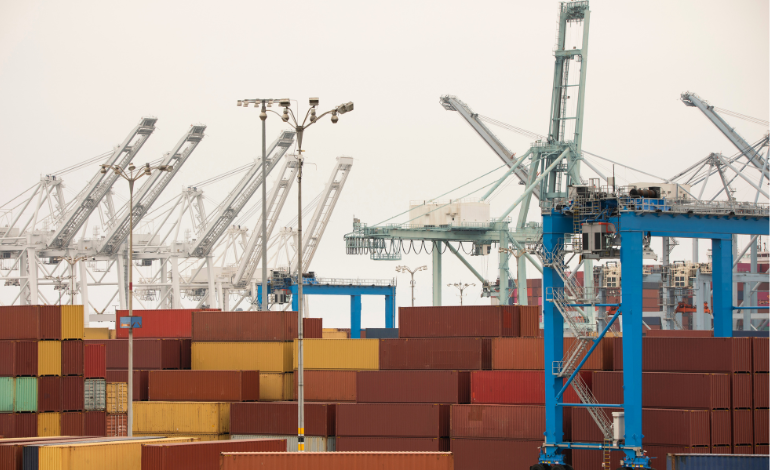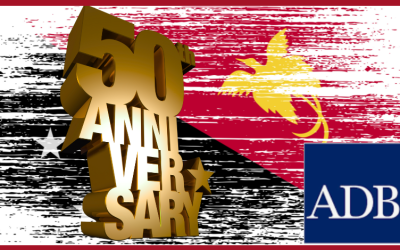Papua New Guinea is undertaking a comprehensive overhaul of its trade and investment policies to enhance its appeal to investors and stimulate economic development. Minister for International Trade and Investment, Richard Maru, announced these reforms during the 8th Customs Business Consultative Forum held in Lae in late May 2025.
A central component of this initiative is the implementation of a National Electronic Single Window (eSW) system. This digital platform aims to streamline trade processes by allowing businesses to submit all necessary documentation through a single online portal, thereby reducing delays and bureaucratic hurdles. The government has allocated K20 million for the development of this system, which is expected to significantly improve trade efficiency and competitiveness.
Minister Maru emphasized the urgency of modernizing PNG’s trade systems, highlighting that the country’s reliance on outdated, manual processes has been a barrier to investment. He noted that PNG’s ranking of 120 out of 190 in the World Bank’s Ease of Doing Business Index reflects the need for substantial improvements in the business environment.
In addition to the eSW system, the government is focusing on developing Special Economic Zones (SEZs) to attract investment in sectors such as manufacturing, agriculture, and fisheries. These zones are designed to offer incentives and infrastructure support to businesses, fostering economic diversification and job creation.
The government is also reviewing its tariff policies to protect local industries from the influx of cheap imports. Minister Maru highlighted the need for new anti-dumping legislation to safeguard domestic manufacturers and promote fair competition.
These reforms are part of a broader strategy to position Papua New Guinea as a competitive destination for investment in the Asia-Pacific region. By addressing systemic inefficiencies and creating a more conducive business environment, the government aims to stimulate economic growth and improve the livelihoods of its citizens.
The successful implementation of these initiatives will require collaboration between government agencies, the private sector, and international partners. Minister Maru expressed confidence in the country’s ability to achieve these goals, stating that the reforms represent a significant step toward realizing PNG’s economic potential.



